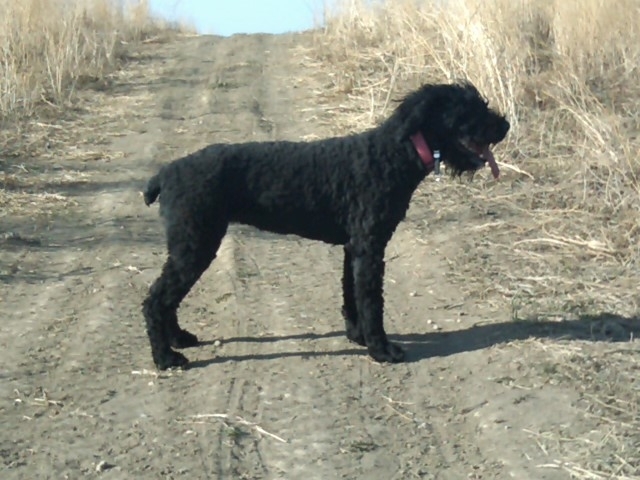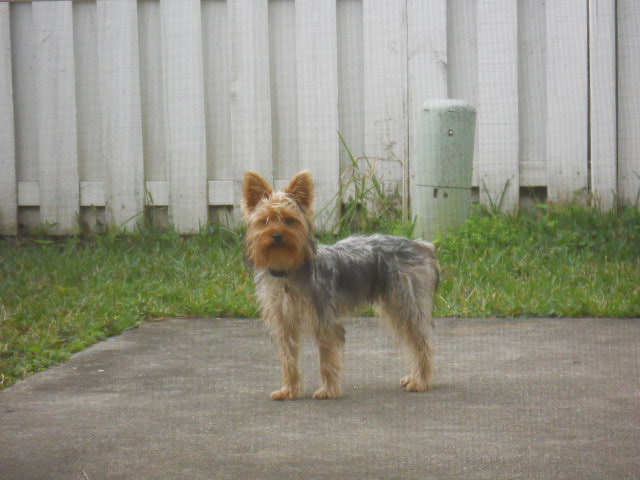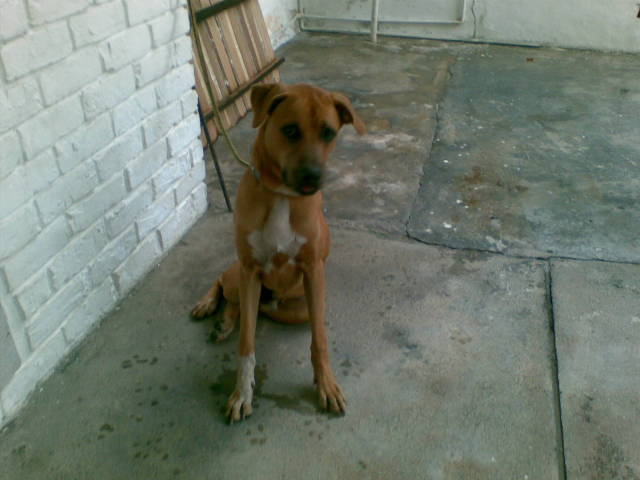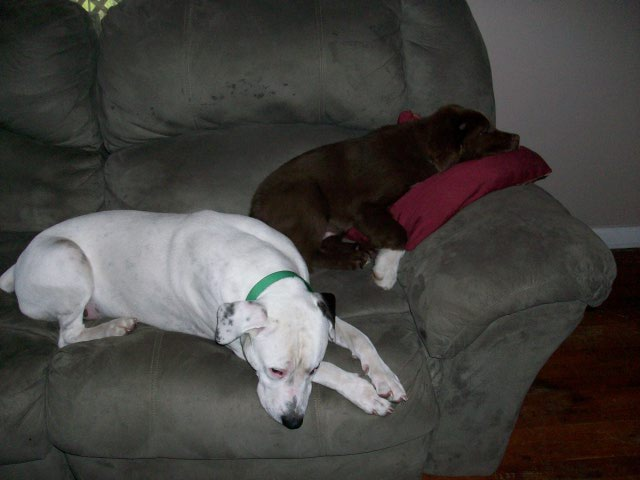QuestionHello; Our Westie recently passed away after a long illness. Our other dog, a 10 year old german shepherd was her constant companion for 9 years. Our shepherd has Cushings and spondylosis for which she is being treated. She was doing well with her physical therapy and has responded well to Trilostane for the cushings but once our westie died she seemed to get worse. We got a new westie puppy, probably too soon, and while our shepherd sometimes seems better, she still sulks, cries sometimes at night and seems to have regressed in her therapy. We watch her closely so she does not strain her back. Can you offer some guidance? She is eating pretty well. Many thanks.
AnswerACTH cortisol secretion is increased due to stress (as a normal response). In Cushing's disease, this function has gone awry but stress can certainly even worsen the levels of cortisol, thereby worsening the symptoms. If your dog is receiving any steroids for her sponydlosis, you need to have your veterinarian reevaluate its use. The drug your veterinarian is using to treat the Cushing's has been given very high marks and is at the cutting edge; your veterinarian seems to know what s/he is doing (NOT always the case, unfortunately!) I suggest you take this behavior change in your GSD to the veterinarian; dogs DO grieve and suffer depression, but it's unusual for this grieving process and depression to continue for more than a few weeks. It's possible the new puppy has added to the GSD's overall distress (in terms of rank, activity level, etc.) and you are seeing the difficulty she is having adjusting to the new puppy, on top of the loss of her lifelong companion. You must be careful to not reward her depression and crying (by showing her more attention when she's whining you inadvertently reward it) but instead reconfirm her place in your household by showing her attention first (before the puppy) and putting her first in all interactions with them and by spending quality time with her away from the puppy (and vice versa! very important for the puppy to bond to you and not to her.) Whatever is physically caused can be handled by the veterinarian (if anything at all) and what is emotionally charged can be slowly extinguished by your calm, consistent and positive interaction with her.

 Agressive 1 yr old mini goldendoodle
Question
our millie
My husband and I got our min
Agressive 1 yr old mini goldendoodle
Question
our millie
My husband and I got our min
 I was riding my bicycle when my 1yr old Bouvier bit my leg
Question
Pup
Hello, I have a 1yr old intact Bouvier bit
I was riding my bicycle when my 1yr old Bouvier bit my leg
Question
Pup
Hello, I have a 1yr old intact Bouvier bit
 agressive silky terrier
Question
Lucas 1 year old
Hi Jennifer:
I have a
agressive silky terrier
Question
Lucas 1 year old
Hi Jennifer:
I have a
 dogs behaviour
QuestionMy 8 months old Dusto
QUESTION: My puppy
dogs behaviour
QuestionMy 8 months old Dusto
QUESTION: My puppy
 American Bulldog aggression
Question
Buddy and Rez
I have a 2 year old Ameri
American Bulldog aggression
Question
Buddy and Rez
I have a 2 year old Ameri